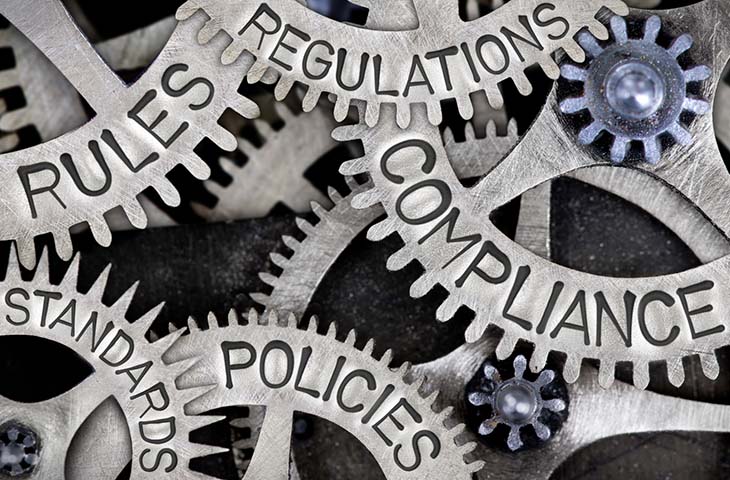New changes are coming to Regulation CC. With all the new payment form factors that change the way money moves, regulators it seems are still looking focused on yesterday’s technology. The latest has to do with the assignment of liability when duplicate checks are deposited. This happens when someone uses remote deposit capture (RDC) to deposit a check and then takes the paper check and deposits it again at a branch, through the ATM, or another channel. According to RemoteDepositCapture.com, this is actually a fairly rare occurrence:
Duplicate deposits are a problem unique to RDC. Despite early suggestions to the contrary, however, financial institutions offering RDC have not been awash with duplicate deposits. In fact, the 2017 Mobile Remote Deposit Capture Industry Report found that just 3.5 of every 10,000 checks deposited to banks and credit unions are duplicates. Nonetheless, on those rare instances when a check accepted as an RDC item also gets deposited to another financial institution it creates operational and legal hassles that result in losses to FI, and often times FI customers.
The change in regulation assigns the loss to the financial institution that accepts check through RDC and makes the financial institution that receives the paper check version of the deposit whole. There is an exception. If the check received in paper form carries a restrictive endorsement then the financial institution receiving that paper check is liable for losses, meaning that banks are going to need to figure out how to recognize restrictive endorsements:
The change to Reg CC, which takes effect on July 1, requires that an FI receiving an RDC item indemnify any FI that subsequently receives the original (paper) check against losses because the item had already been paid and settled. The indemnity doesn’t hold, however, if the check carries a restrictive endorsement, such as “For Mobile Deposit Only to Bank XYZ.”
Technology using artificial intelligence is being developed to help recognize these types of endorsements. Financial institutions have to be asking themselves if it’s worth the investment for a product in decline:
Joe Gregory, Vice President, Marketing, Orbograph, said Orbograph is working on technologyenhancements to support intelligent recognition of restrictive endorsements. The upgraded technology won’t to be available by the July 1 effective date of the Reg CC amendment, however. “It will probably be ready for beta testing in the third quarter,” Gregory said.
Technology that can detect endorsements on the backs of checks to varying degrees has been around for some time, explained Gregory. But there are none proven to recognize endorsements with the specificity offered under the upcoming Reg CC change. “You have to go beyond looking at this from the perspective of OCR and ICR and look at it more from an artificial intelligence perspective,” he said.
Overview by Sarah Grotta, Director, Debit and Alternative Products Advisory Service at Mercator Advisory Group









